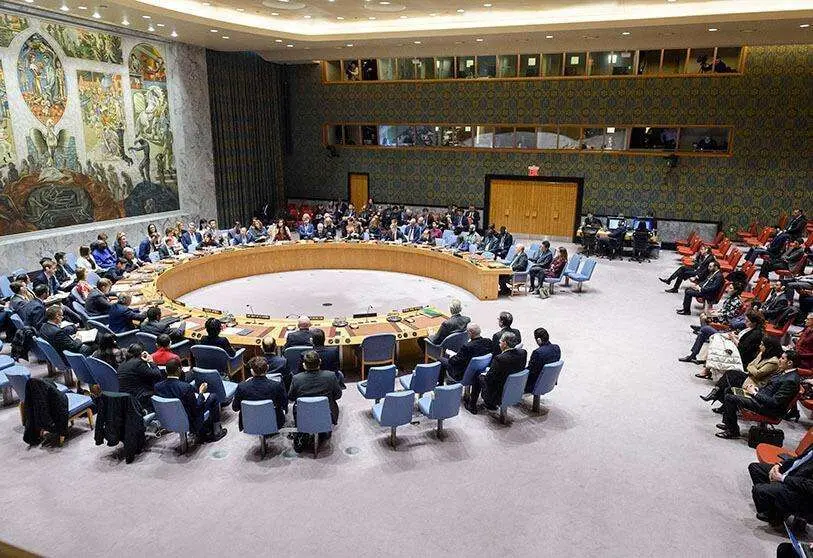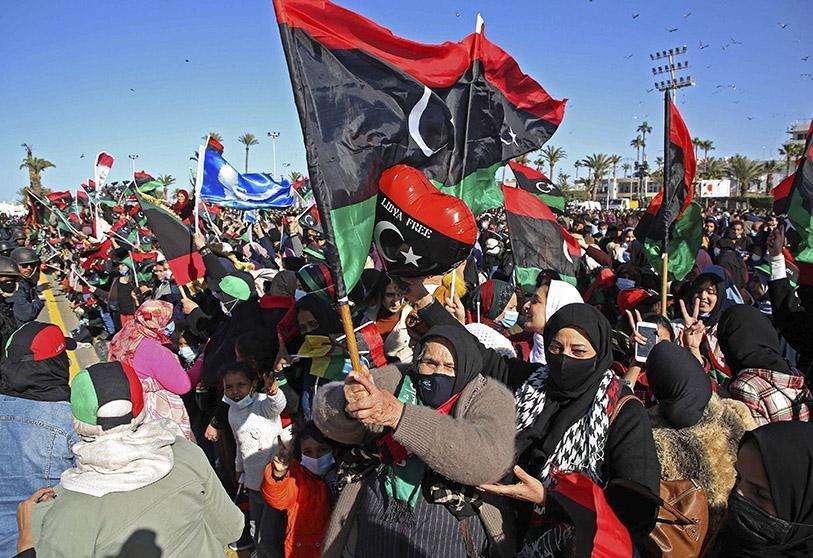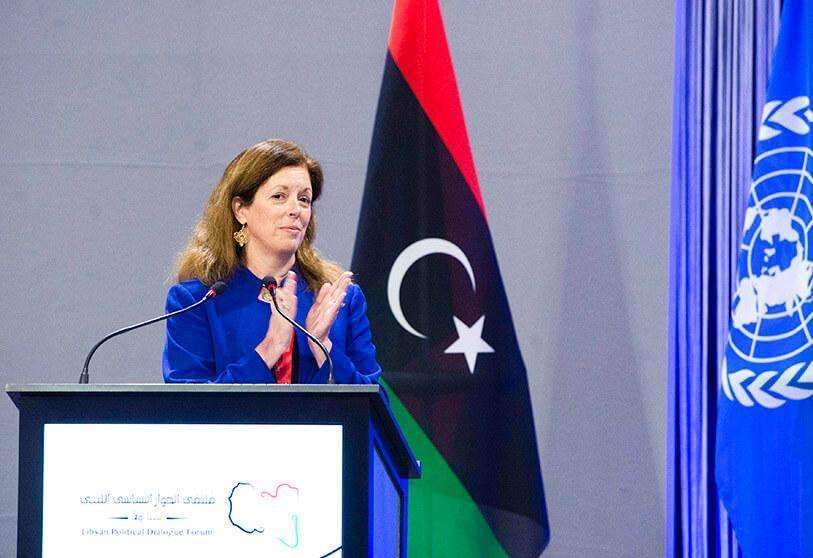Tensions between Russia and the West shift to the Libyan chessboard

Libya's political transition has entered a critical phase. The postponement of the December elections revealed the cracks in the UN-sponsored process, while the organisation has been forced into inaction. The disparity of criteria within the Security Council prevents the UN from maintaining its mission in a country whose recovery seems to be decisive for regional security and stability, this time with Russia, the UK and the US as protagonists.
On Thursday, London pushed for a vote on an extension of the United Nations Security Mission in Libya (UNSMIL). The proposal sought to extend the deadline for action for another year, until 15 September, with the aim of supporting the Libyan authorities in the transitional period. The vote would address the challenge of national reconstruction after a decade in the rubble of war.
The UK plans to guarantee the GNU a series of measures to enable the presidential and legislative elections to be held 'as soon as possible'. In the report, London called on other UN member states to stop "all support" to the mercenaries deployed in the country, to withdraw them immediately and not to interfere in the conflict. There are still troops in Libya sent by the Wagner group, which is closely linked to the Kremlin, and Turkey.

But Russia blocked the British initiative at the last minute. Moscow is another veto-wielding permanent member of the Security Council, with the ability to overturn any resolution. It also has a stake in the Libyan chessboard. This led Russian diplomacy to reject the report, citing a series of disagreements with its content, objections that were also raised by other members, according to sources quoted by AFP.
Moscow was seeking to push for the appointment of a new UN special envoy for Libya following the resignation in November of Ján Kubiš. The Slovak diplomat resigned just 10 months after being appointed because of his ongoing disagreements with UN secretary-general Antonio Guterres. His departure a month before the elections set off alarm bells about the unworkability of the process, and highlighted the degree of pressure the office is under.
Russia also seeks to limit the deadline for UN action in Libya to 30 April, conditions that met with the disapproval of the UK and the US. In this sense, the English-speaking representatives of the Security Council are seeking to keep Stephanie Williams, the US diplomat who took over from Kubiš in November in a context of interim status, in the post of special envoy in the North African country.

Russia's permanent representative to the Security Council, Dmitry Polyanskiy, stressed on Monday the importance of appointing a new profile to mediate in Libya. "The UN envoy must have sufficient experience in the framework of a mandate decided by the Security Council," he told the media. "Unfortunately, we don't have such a person at the head of the mission at the moment.
With a long career, Stephanie Williams played a decisive role in the diplomatic team that achieved a ceasefire in Libya in 2020. But she is not liked in Moscow, where it is interpreted that the diplomat will exert pressure in favour of Washington's interests. In December, in a message of unity, the diplomat urged "not to use the current challenges in the electoral process to undermine the stability and progress that has been achieved in Libya over the past 15 months".
UNSMIL expires on Monday 31 January, which would mean the end of a mission in place since 2011, launched just six months after the outbreak of the civil war. Until then, the members of the Security Council will have to negotiate to find a solution to the blockade and extend the mission in the North African country.








